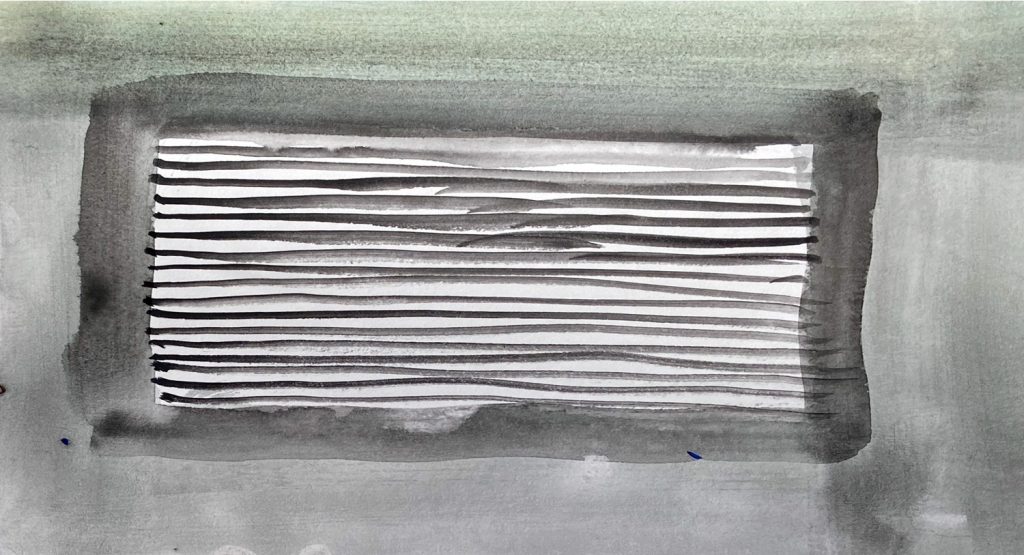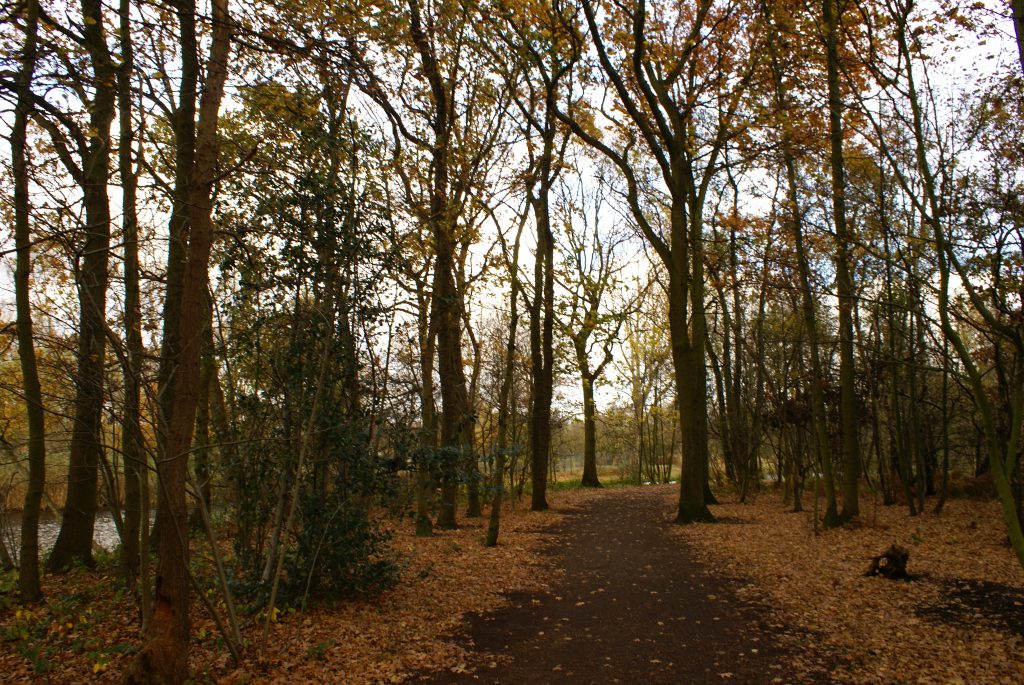
We all know that losing someone you love is devastating. Grief is often seen as being about coming to terms with that specific loss. But there is much more to grief than just losing the physical presence of someone you love.
There is the relationship that is gone. The companionship, the sharing, the mutual experiences and memories, the physical presence of that person.
You no longer hear their voice, their laughter, the sound of them breathing.
You no longer smell them or see the way their face crinkles when they are concentrating. You miss the way they greeted you when you had been apart.
You miss the feeling of them touching you. There are so many aspects of that person’s physical presence that you have lost.
There are also the unresolved issues. Maybe you feel guilty at harsh words you said to them. Maybe you feel angry at something they did. Maybe you feel you never got that chance to say goodbye.
Martha felt guilty that she had left her husband in the hospital when he begged her not to go. She was exhausted and the hospital provided no facilities for her to stay with her husband. She had also been physically caring for him for some time and leaving him in hospital was a necessary physical break for her.
A few weeks after being hospitalised, Martha’s husband died. Now she carried a terrible guilt at his death. Instead of recapturing the life she had once had, she became physically unable to carry out the simplest tasks. Her physical health deteriorated.
She believed she had no right to live a healthy life when she had left her physically disabled husband alone in his hospital room.
Allanah was angry. Her mother had manipulated and controlled her throughout her life.
As a child her mother had failed to provide her with the support she needed through all the important moments in her life. As an adult she had struggled to discover her capabilities ad believe them. She also struggled with her mother’s conditional love.
Now her mother was dead she found herself full of anger at the things her mother had done to her.
In loss there is also the future that is lost. The future you had together. The vision you had of that future. The expectations of life events and other joys you looked forward to.
Nella had lost her husband in their mid fifties. They had plans for the life ahead. Their daughter had just married and they looked forward to the time they would retire and enjoy travelling and being grandparents.
But her husband had died and now the first grandchild was due.
Nella wouldn’t allow herself to be excited by the imminent arrived of this grandchild. To her it felt like a betrayal of her husband. It seemed so unfair that he was missing all the excitement of being grandparents.
If she was prepared to admit it, it also seemed unfair that she had lost the future they had planned together.
There are the changes in your life. If the person you lost was a financial support then you have changed circumstances that may force you to move, or change employment. That is a loss that is not always acknowledged.
Hayley and her partner ran a business. He was a skilled tradesman and in high demand. She was the admin for the business. Now he was dead and the business was gone. Instead of continuing until retirement in business together, Hayley had to find a new job. She couldn’t afford the mortgage repayments on her new income and had to sell the house they planned to retire in.
Her whole future was destroyed and she faced the uncertainty of a future that was unrecognisable from the one she envisaged.
The worst thing was the loneliness of coming home to an empty house. If she was honest, she would admit she resented the changes her partner’s death had caused.
In loss there is also learning to live on your own.
Maybe you now come home to a new empty house instead of one your partner lived in.
Maybe you walk past your child’s empty room and it hits you how much you miss the noise that came from there.
Maybe you see something funny happen and your first instinct is to pick up the phone and call the person, then realise you can’t do that anymore. And that hurts.
Mark missed being able to share the events of the day with his brother. They always had a laugh together at things that happened. And when things were difficult, his brother was always willing to listen and offer support.
He felt so lost at the end of such an important part of his life.
These things I have mentioned are the most common other losses surrounding the death of a loved one.
There are more that are unique to each individual.
They can be difficult to recognise as grief.
If you are experiencing them, you may feel you don’t have the right to hurt this way. But all the things I have described are important aspects of grieving the loss of a loved one.
At this time it is so important to recognise the emotions you are experiencing. It is essential you recognise your right to feel those emotions. You are not wrong to feel the emotions.
It is also important to nurture yourself, to be kind to yourself. You are going through a hard time and you need compassion and support. The first person to give you that is you.


